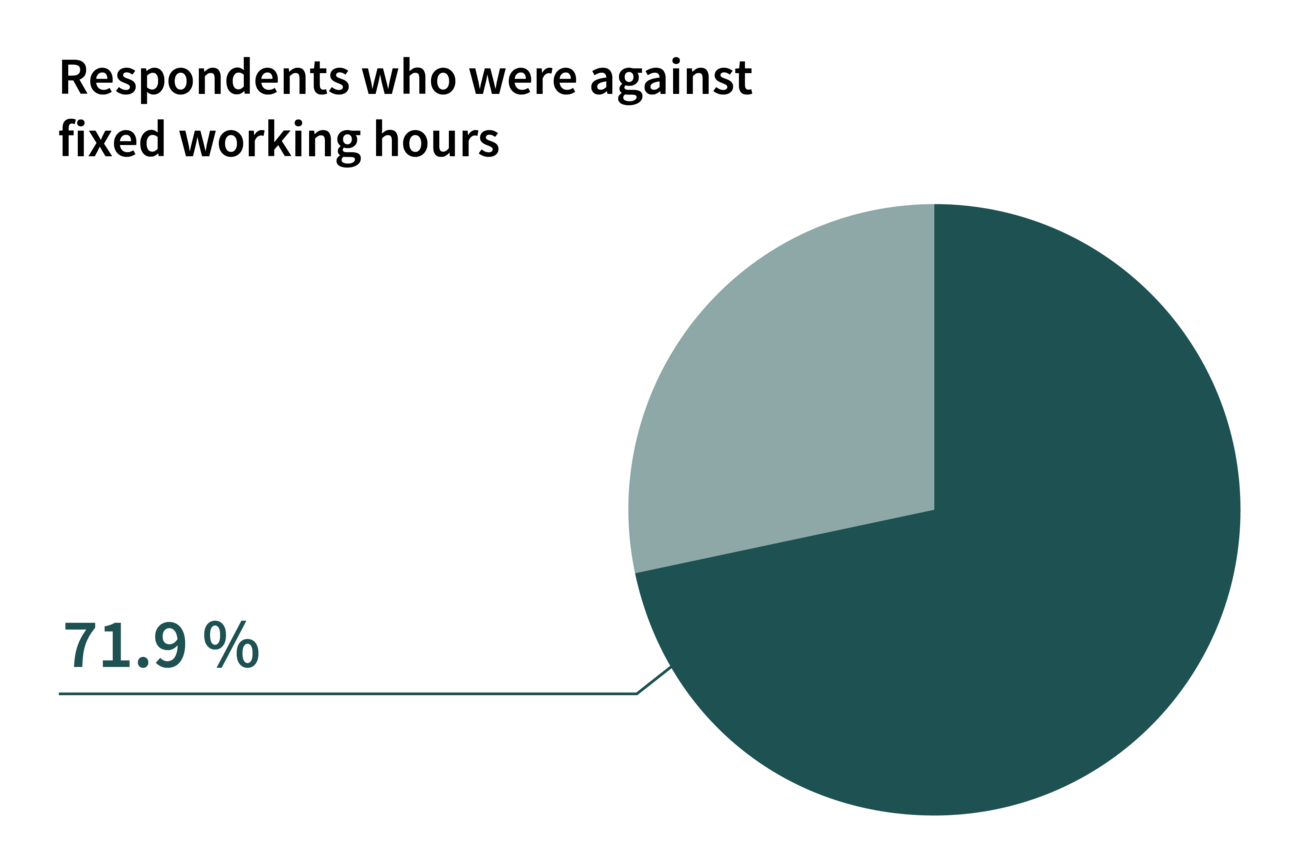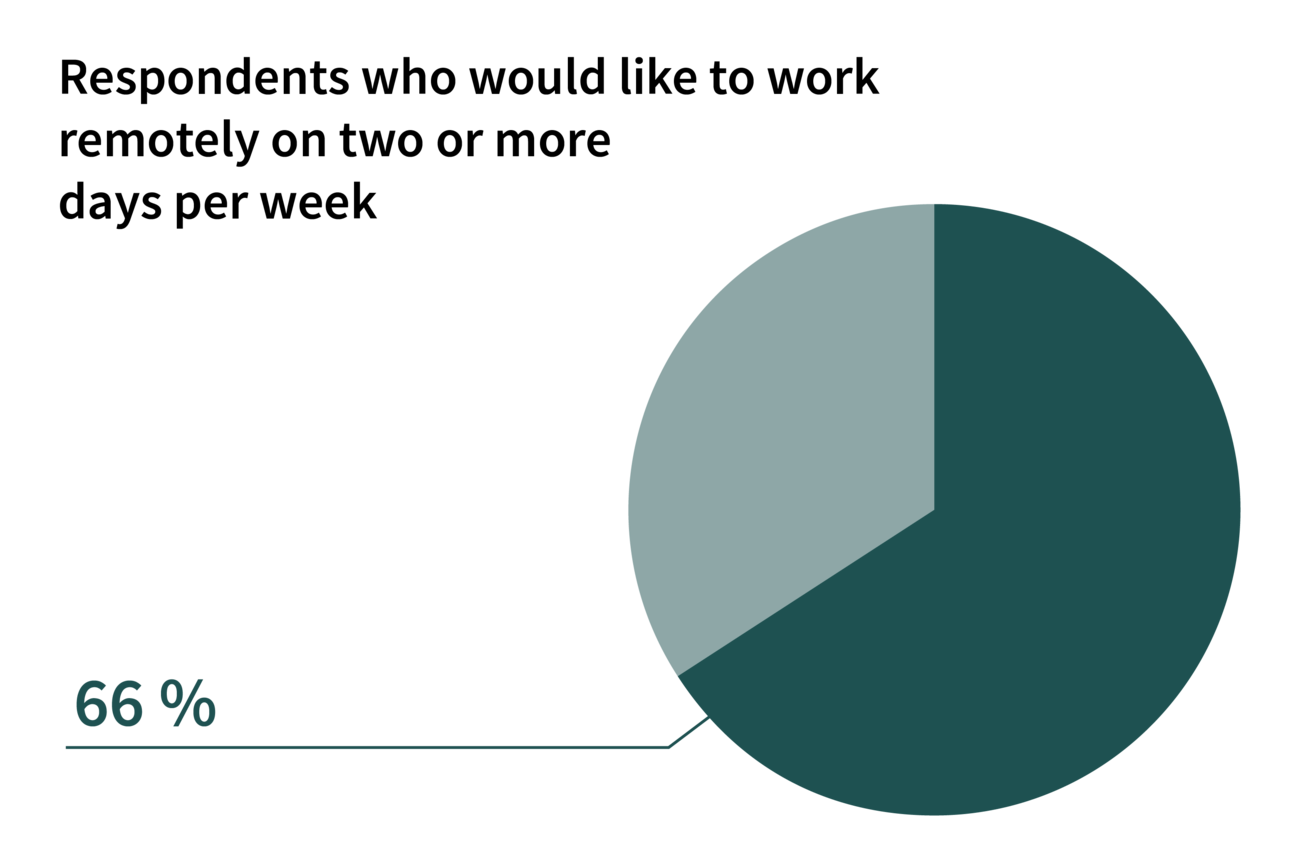Results of the Survey Regarding Future Work Arrangements at Freie Universität Berlin
According to the results of the survey, the majority of employees at Freie Universität Berlin are in favor of greater flexibility in organizing their work arrangements. Over 2,000 employees from different status groups took the survey, in which they expressed a clear interest in more flexible working conditions.
The survey was planned and carried out by Florian Primig from the Division Digitalization and Participation at the Institute for Media and Communication Studies within the Department of Political and Social Sciences. He examined different aspects of increasing flexibility regarding working arrangements. Employees were asked about what they needed and wanted from their employer for example. Almost 90 percent of those surveyed were in favor of more flexible working hours, and 71.9 percent were against the idea of fixed working hours. Furthermore, about two-thirds of respondents stated that flexibility played a key role in choosing an employer and that they would even think about changing jobs if they were not afforded flexibility in this regard.
The survey also showed that between 80 and 90 percent of employees assume that their supervisor would support greater flexibility of working hours and that they would easily be able to coordinate this with their colleagues. However, they also appeared to have some concerns regarding using private devices and equipment such as laptops for work purposes as well as tracking working hours as stipulated by law.
The results of the survey suggest that Freie Universität Berlin has been given an invaluable opportunity to improve employee satisfaction and working conditions by creating a more flexible work culture in the long term.
Results in Detail
Most respondents looked favorably upon having more flexibility in their day-to-day working lives. The clear majority also believed that more flexible working conditions would improve their work-life balance (92.3%, see Figure 1).
One key finding was how important this flexibility is in ensuring that Freie Universität remains competitive as an employer. 63.2% of respondents claimed that they would be inclined to look for a different employer should Freie Universität Berlin not provide more flexible working hours (Figure 2).
The majority of respondents were against fixed working hours (71.9%) (Figure 3), while 89.9% of respondents were decidedly in favor of flexible working hours (Figure 4).
With regard to how the introduction of more flexible working hours might look in practice, there was a clear desire among respondents for this to be implemented in a considerate manner in close coordination with their colleagues.





